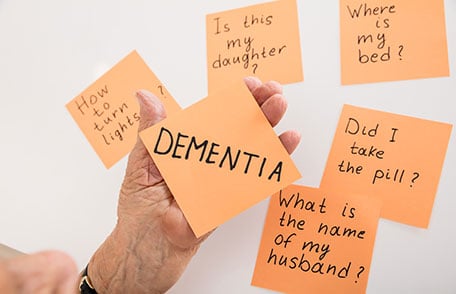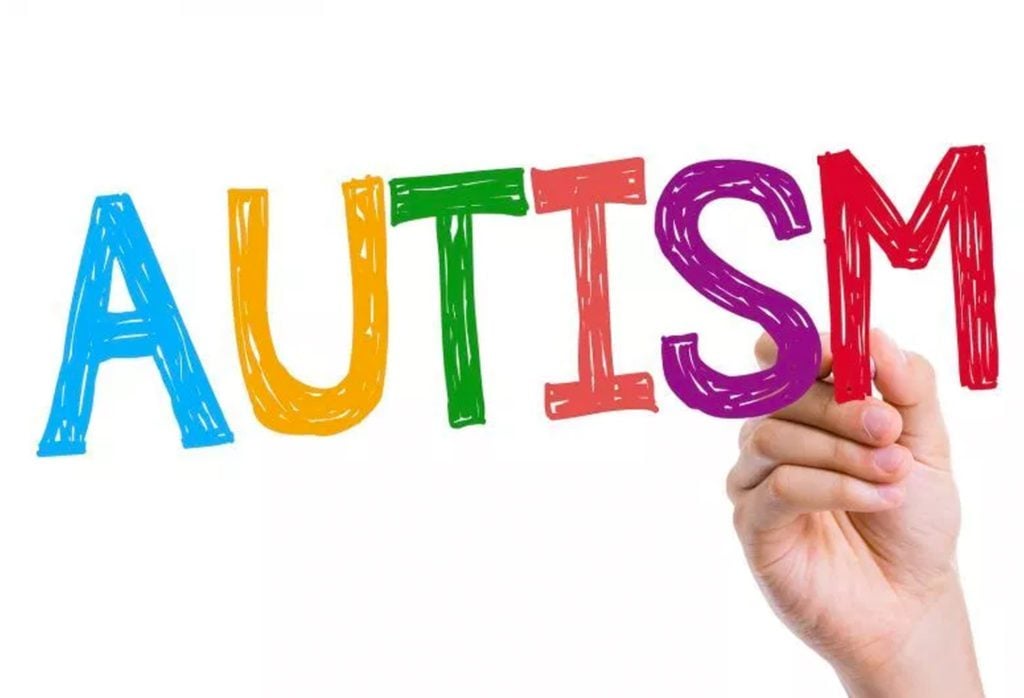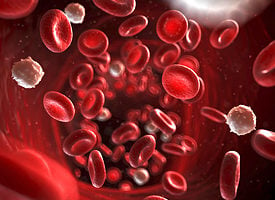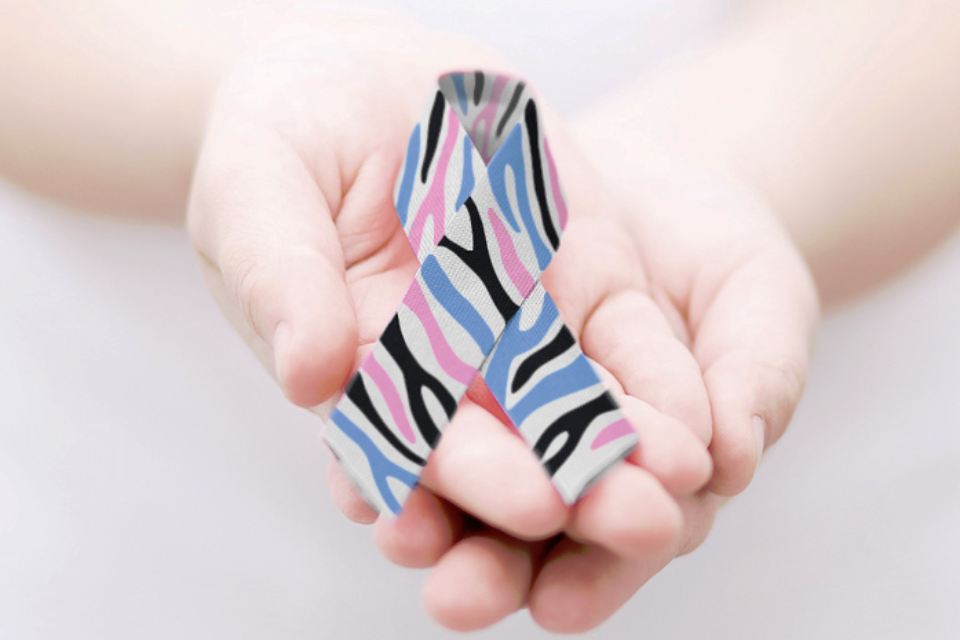10 Conditions that Require You to Wear a Medical ID Bracelet
As a A medical ID bracelet could save your life. They help you share information with your doctor in an emergency — even if you're not awake.
We recommend you wear a medical ID bracelet or carry a medical alert ID card if you have:
1. Food Allergies

Between 1-2% of adults have a food allergy. Unluckily, these figures are higher for children and babies — up to 10% of babies have a known allergy.
Medical id bracelets for children and adults are available for all common allergies. These include:
- Peanuts,
- Tree nuts,
- Eggs and dairy,
- Wheat,
- Fish.
They are especially important if you are at risk of anaphylaxis. Certainly, it can be life-threatening and requires rapid action from a medical team.
2. Drug Allergies
Common drug allergies exist for medications that often used in an emergency situation. These include:
- Antibiotics (e.g., penicillin and amoxicillin),
- Anti-inflammatory drugs (e.g., ibuprofen),
- Pain relief and sedatives (e.g., morphine),
- Insulin.
These drugs are safe for the majority of people but can be life-threatening to people with allergies. Like food allergies, they may cause anaphylaxis or other serious complications.
In an emergency situation, medical staff might not have time to get a full medical history. So wearing a medical ID bracelet protects you in these situations. In other words, your doctor will be able to find an appropriate treatment that doesn't carry more risk.
3. Alzheimer's and Dementia

If you — or a loved one — suffer from Alzheimer's or dementia, a medical ID bracelet is essential.
Memory loss and confusion are both key symptoms of these illnesses. People with these conditions often wander away from their home.
In a medical emergency, a person with Alzheimer's might struggle to communicate. They may feel overwhelmed and confused. Or not remember details such as their name and address. You can include these details on the bracelet for added peace of mind.
4. Heart Problems
There are many heart problems that need to be easily identifiable in an emergency. These include:
- Heart disease,
- Heart defects,
- Angina,
- Heart failure,
- History of heart attacks,
- Hypertension.
Many of these come with an increased risk of a heart attack. This means it's vital that medical professionals can identify any problems quickly.
You should also include details of any medications you are taking. This will ensure you receive the medication and alert doctors to potential drug interactions.
5. Autism

Autism is a complex condition that affects people in different ways. For some, they are nonverbal — meaning they are unable to speak. Others may struggle with unfamiliar situations.
Emergency situations can be overwhelming — even for people without autism. Above all, it's important for health care providers to understand the extra needs people with autism may have.
6. Lung Problems
Respiratory illnesses affect a large number of people. As they often share symptoms, it can be difficult for doctors to diagnose them in an emergency.
Medical ID bracelets solve this problem and prevent misdiagnosis. Especially, it is essential when it comes to ensuring fast treatment, and can be lifesaving.
We recommend medical ID bracelets for adults and children with lung problems such as:
- Asthma,
- COPD,
- Emphysema,
- Cystic Fibrosis.
7. Blood Disorders

Blood disorders often have serious implications in emergency situations. For instance, haemophilia can lead to uncontrolled bleeding — even with relatively minor injuries.
In these situations, there's no doubt a medical ID can be lifesaving.
As well as haemophilia, we recommend you consider a bracelet for the following:
- Sickle cell anaemia,
- Thalassemia,
- Myelodysplastic syndrome.
8. Hearing or Sight Loss
People with hearing or sight loss will require extra assistance in an emergency. Unfortunately, both of these groups of conditions affect communication. Due to the lack of sensory input, emergencies can be even more overwhelming.
Wearing a medical ID bracelet will help doctors communicate with you appropriately.
9. Epilepsy
People with epilepsy can experience a seizure at any time without warning. Symptoms typically include:
- Loss of consciousness,
- Loss of muscle control,
- Shaking,
- Confusion.
This isn't always an emergency situation. But can be if the seizure lasts for longer than five minutes.
Not many people know this. Hence, a medical ID can help the general public when getting help from emergency services.
10. Rare Diseases

If you have a rare disease, you should consider wearing a bracelet or carrying a medical alert ID card.
The reason for this is simple:
Rare diseases are harder to diagnose so emergency medical staff are unlikely to deal with them regularly. In addition, they don't always know the symptoms to look out for — or the treatments.
If you have any of these medical conditions, we recommend you take a look at our Medibands.
We offer a range of options, including:
- A medical alert ID card which you can carry instead of wearing it,
- Silicone wrist bands which are colourful to attract attention,
- Engraved medical ID tags - which are the most durable.


One for dislocating shoulder my left
My husband Trevor, is on anticoagulant treatment for 6 months due to a DVT and I would like to get a medic alert bracelet for whilst he is on this treatment so that if he is in an accident and bleeds badly they will know how to help him. Thanks Margie Upsher